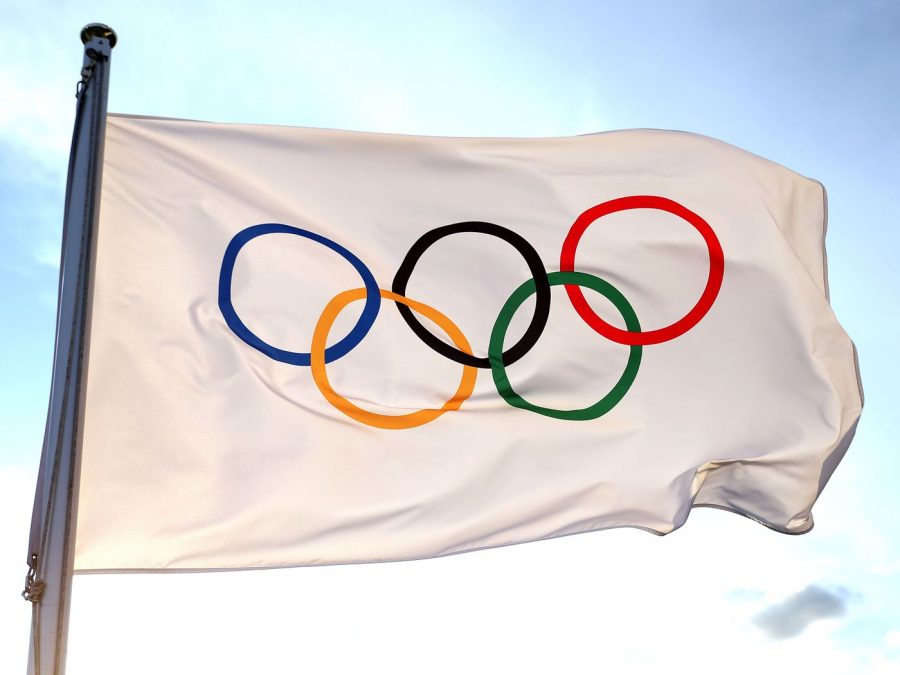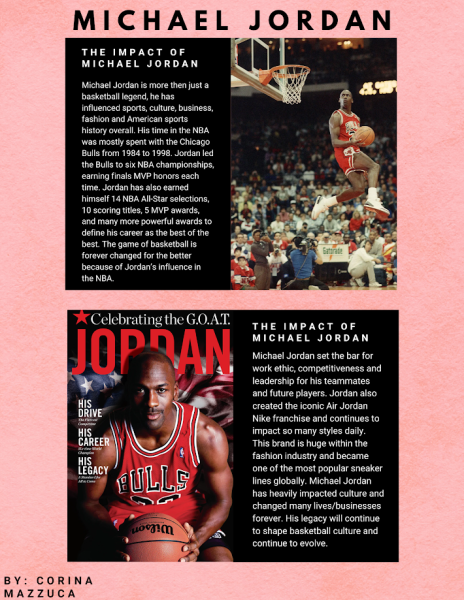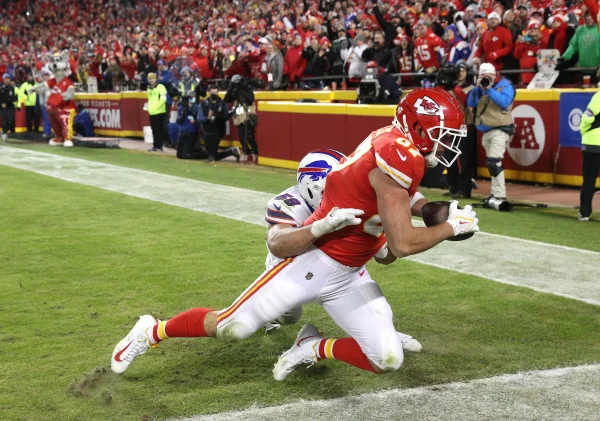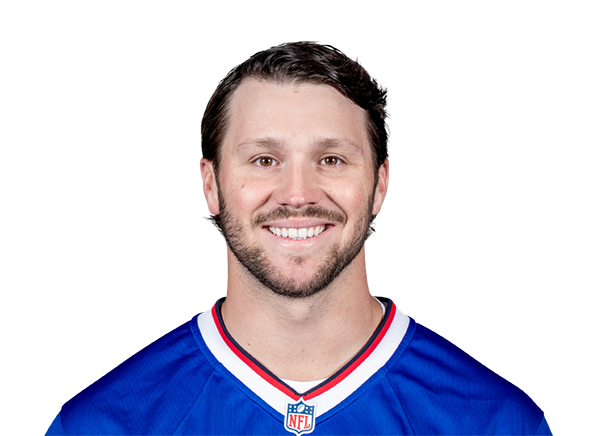How Gender Affects Olympic Athletes
You’d be hard-pressed to find a person anywhere in the world who doesn’t know about the Olympics. Journalist Katherine Lucas informs that the ancient version of the Games dates all the way back to 776 BCE Greece, and originated as a tribute to Zeus, who was thought to be the divine father of humanity. The modern version of the games were thought up in 1894, and took motion two years later in 1896. For reference, Utah had been admitted as the 45th state of America approximately three months at that point. It’s safe to say that the Olympics have been around for a very, very long time and are highly preserved.
As with any tradition so deeply rooted in history, it is a long and strenuous battle to modernise all aspects of it. The first woman took part in the Olympics in 1900, restricted to playing five available sports. The first instance of all nations sending at least one female athlete to compete wasn’t until the London 2012 games, a whopping 112 years later. Gender is a known issue when it comes to sports, and how it affects people’s ability to participate.
Caster Semenya is a female runner. She was assigned female at birth, was raised female, and identifies as a woman. Yet her gender is still called into question and used against her. Her testosterone levels were found to be abnormally high and so despite being a cis woman, she is regularly misgendered and discriminated against. Vox.com reports that Elisa Cusma, one of her competitors, insists that, “For me, she is not a woman. She is a man.”
In 2009, she competed in a world championship in Berlin at 18 years old. She won gold in the 800 meter race at the 2012 and 2016 Olympics. In 2019, the International Association of Athletics Federations ruled that “runners with testosterone above a certain level would have to take medication to lower it in order to compete against other women in the 400-, 800-, and 1,500-meter events,” says the Washington Post. To many fans of Semenya, this is clearly targeted specifically for her.
Some argue that she has a natural advantage which is unfair to the other runners. However, it’s likely that this is race-fueled. Michael Phelps is an example of an Olympic with an advantage. Biography.com gives a run down of his characteristics, “Phelps has a very long torso and ‘short’ legs,” “his wingspan is longer than his height,” “[his] legs resemble flippers,” “he produces less lactic acid than other athletes,” and “[his] double-jointed elbows propel him through the water.” This is a long list of natural traits that Phelps has which gave him a massive advantage over his competitors, and yet he’s received little to no grief over it. The difference between him and Semenya is that Phelps is a white man, and Semenya is a black woman. Black women are often irrationally masculinized and it’s likely that it’s because of this that Semenya is receiving a difficult time participating in the competitions she’s spent so long training for. /cdn.vox-cdn.com/uploads/chorus_asset/file/21866408/1151395711.jpg.jpg)
Considering how adverse it is for a cis woman, it’s easy to imagine how much more difficult it can be for transgender individuals. Tokyo 2020 held the first Olympics which featured transgender athletes: New Zealander weightlifter and transgender woman Laurel Hubbard, Canadian nonbinary soccer player Quinn, and American nonbinary skateboarder Alana Smith. Also, Outsports reported that Robyn Lambird became the first non-binary medalist in the 2020
Paralympics, and CNN shared that Cece Telfer is a transgender runner who was barred from competing by the aforementioned IAAF ruling. To have so many LGBT+ athletes all participating in the first Olympic Games to allow them to do so is a major win for the community, but this is an achievement long fought for and there are many still out of reach.
Quinn and Smith were both disrespected during the analysis of their plays. The18 quotes announcer Lisa Roman, “Great effort by Quinn as she fights off Julie Ertz here, using her body to gain possession of the ball.” They are misgendered twice in a matter of seconds and this mistake goes uncorrected, and yet during the same Olympics the announcers were “adamant.. to correct themselves if they accidentally called Kealia Watt or Casey Krueger, both recently married, by their maiden names.” There are clear double standards when it comes to respecting the athletes’ identities.
There is a long way to go when it comes to gender equity in the Olympic Games, or even fair treatment for all athletes. It took 124 years to include transgender athletes- how much longer will it take to accept them? The only way to find an answer to that question is to push on and live through it, celebrating what little victories come and enduring the failures. For now, all the transgender youths working to make a name for themselves will watch these athletes making their dreams come true and feel hope. There’s certainly a little victory to celebrate.












